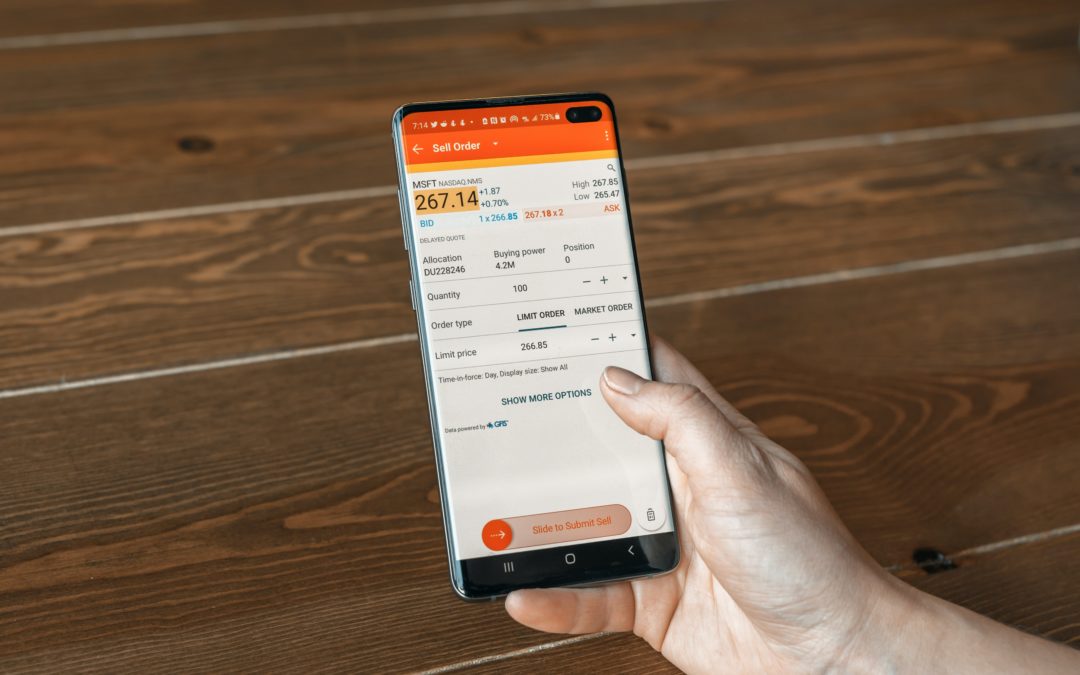The top personal financial apps include various tools for managing your entire money, email reminders, bill due dates, subscription tracking, shared wallets, and so on. All of the applications here are compatible with iOS and Android, allowing you to enjoy them regardless of which smartphone giant you prefer.
You can improve your financial condition right now by doing a few easy things. To properly manage your own funds, use these apps. Your financial troubles may begin to fade, and you may begin to reap the benefits of lesser debt, future savings, and a strong credit score.
1. YNAB
Because of its budgeting methodology, YNAB is at the top of our list. The firm offers a 34-day free trial (no credit card necessary), after which the annual fee is $84. The cost is $11.99 per month if you choose to pay less upfront.
YNAB allows you to sync your bank accounts, import data from a file, or enter each transaction manually. The business recommends watching video courses, attending a live workshop, or reading a handbook to understand the essentials of the app.
2. MINT
Mint, Intuit’s personal finance app, is one of the most well-known applications since it brings together all of your financial information in one location.
Mint collects your transactions, organizes them into categories, and displays how you spend your money.
You can keep track of your expenses and develop a budget that you can stick to. To remain on top of your credit health, the site gives free access to your credit score as well as a description of the variables that contribute to your score.
3. SIMPLIFI
Because of the app’s strong tracking features, Simplifi by Quicken scores first for cash flow. It’s the most effective way to keep track of how much money you have between paychecks.
You must first sync your bank accounts, after which you will have a comprehensive picture of your money. The software categorizes your spending automatically, keeps track of recurring payments and subscriptions, and alerts you to impending costs.
4. PERSONAL CAPITAL
Personal Capital is a personal finance and wealth management tool that lets you manage your assets, investments, and daily spending accounts all in one place. Thanks to the service’s integration with over 14,000 financial institutions, you may link your accounts within the app.
While you can use the app to track spending and establish a monthly budget by connecting it to your bank account, it excels when it comes to helping you manage and improve your assets.
5. POCKETGUARD
Because its features focus on helping users limit expenditures, PocketGuard was named the best for overspenders. PocketGuard Plus, a paid premium version of the program, is available for download.
You’ll need to link your bank, savings, and credit card accounts to get started. The software can track your spending, show you where you might save money, and notify you when your credit card payments are due. The “In My Pocket” function of PocketGuard utilizes an algorithm to determine how much money you have available based on your income, impending expenses, objectives, previous spending, and budgets.
6. PRISM
Prism consolidates all of your invoices and bank accounts into a single app, providing you a full financial picture. Larger banks and even tiny utility providers are among the app’s 11,000 billers, more than any other app. When you add your invoices to the app, Prism keeps track of them and provides due date reminders to help you avoid late payments.
7.ZETA
Use the Zeta Money Manager app to sync accounts or manually input data for a shared picture of your money. Budgets can be created, spending can be tracked, shared objectives can be made, and bills can be managed using the app.
Sharing controls shared and personal budgets, bill reminders, and other features stand out. Zeta assists you in being focused on your objectives and connecting your financial activities to achieving them. Articles to improve your financial understanding may be found in Zeta’s Money Date Mag, an online journal that covers love and money in the current era.
8.SPENDEE
Many other personal finance applications are intended for usage by a single person. Spendee helps you establish shared wallets with friends and family to track pooled spending for a household budget. Import your bank transactions and let the app classify them for you to keep track of your monthly expenditure.
You may manually enter cash costs to get a more accurate view of your spending habits. Create allocated amounts for each expenditure category and track your progress toward the planned amount to avoid going over budget. The bill’s tracking feature guarantees that you remember to pay all of your payments on time and avoid late fees.
9.EVERYDOLLAR
The EveryDollar app follows personal financial expert Dave Ramsey’s zero-based budgeting technique. The app’s name, EveryDollar, comes from the zero-based budget, which gives every dollar a role in the budget.
With the built-in monthly cost tracker, you can connect to your bank and import transactions to keep track of your spending. You can even divide costs across many budget categories. The tracker shows you how much you’ve spent so far this month and how much you still have left.
10.MOBILLS
Mobills categorizes your costs so you can keep track of how close you are to reaching your planned amount. Check how much money you have left over in each budget category to see whether you need to cut back. The budgeting software contains interactive charts that allow you to assess your financial situation and make modifications as needed to achieve your bigger financial objectives. Add your credit cards to the app to view your current balance and spending restrictions in one convenient location.


Recent Comments